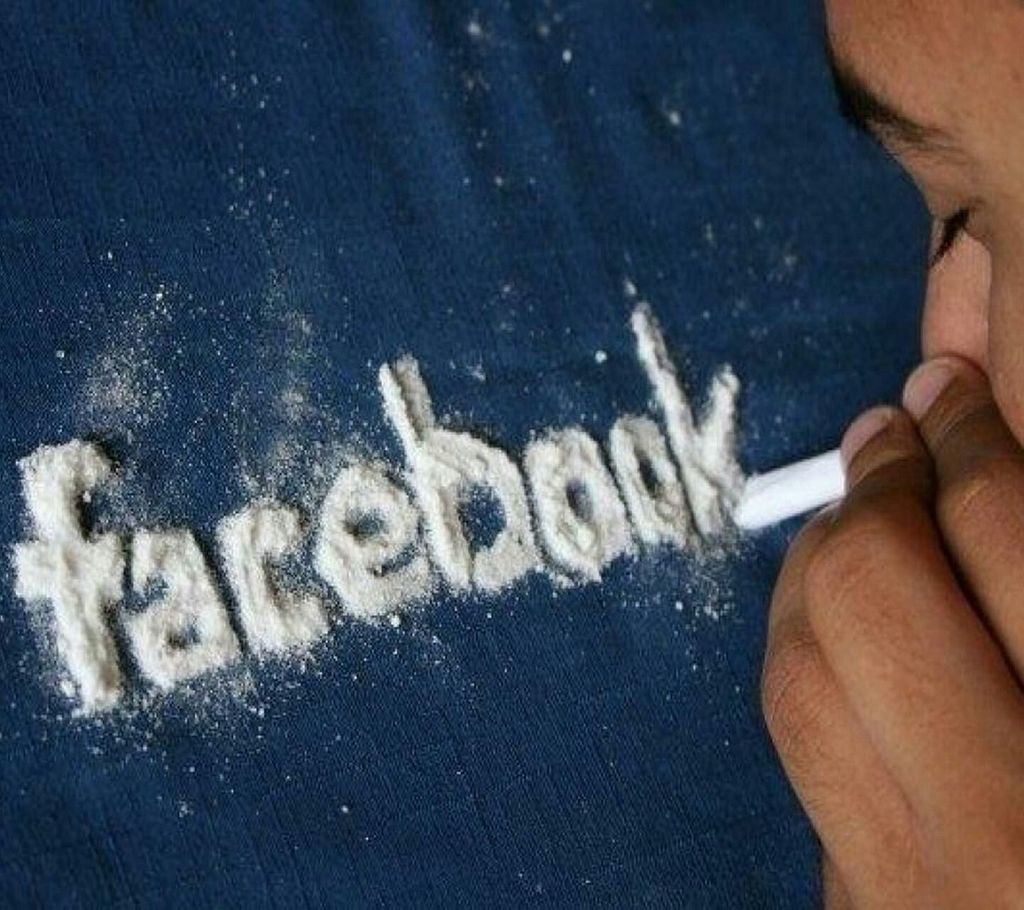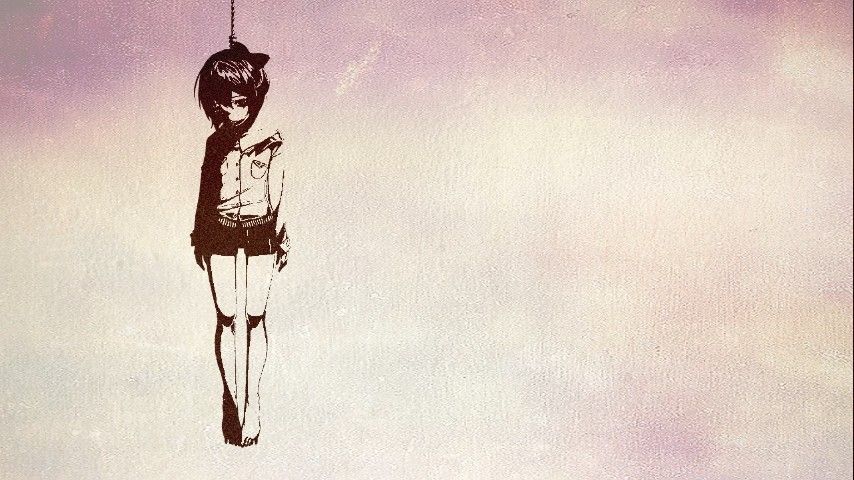Social media life

90% of the people will prefer to text things that they could never say to a person according to survey.
Most people text faster when its someone they like while using social platform.

Researchers are debating on adding Internet addiction to the list of mental disorders.Addictive Social Media users have face difficulty sleeping after using social media.
Too much Social Media increase depression and enable us to feel like other people’s lives are so much better than ours. Sometimes people commit suicide.
Despite your personal feelings about the app, it's hard to argue with the cultural impact it's had on millennial and online dating. Online dating sometimes give an opportunity to understand each other for two unknown people. But most of the cases it's a fraud.

Social media can lead to fear of missing out(FOMO). FOMO is a phenomenon that occurs when you feel pressure to be doing what everyone else is doing, attend every event, and share every life experience. It can evoke anxiety and disconnection with real world. Due to this FOMO people commit suicide.

Women had higher response-rates when they made eye-contact with the camera and looked flirty. Conversely the least successful pictures for women were looking away with a flirty face in social media apps.Men’s best look was away from the camera, not smiling. But guys should avoid a flirty face, which was associated with a drastic reduction in messages by social media apps.
These cause our life leads to hell. And people commit suicide or having frustrated life.
You spend way more time on social media than you realize due to harmonica happiness caused by chemicals of conscious mind.
Why we share on social media.Passing information on is an impulse that we’re hard-wired with. Just the thought of sharing activates our brain’s reward centers, even before we’ve done a thing. Sometimes it helps the hackers to hack your device.

Many times, people turn to social media for a break — they are looking to get away from what they are doing for a little while. Their expectation is a relaxing, entertaining or recreational experience after which they will feel good.The increase in social media use over the last ten years in almost equal among females and males, but the negative effect on mental health seems to afflict females more than males.
The key to a positive social media experience is moderation. Limiting the amount of time spent on social media and balancing it with real life social interactions can help protect your mental health.
Young adults that use social media the most are the ones most deprived and desiring of a healthy social life. They tend to gravitate towards social media hoping to fill a void but don't find it there.
Another possibility is that those who use increased amounts of social media subsequently develop increased social isolation.
Social networks are physically addictive as well as psychologically. A study from Harvard University showed that self-disclosure online fires up a part of the brain that also lights up when taking an addictive substance, like cocaine. It's really very difficult to not addict with social media.
Posting pictures or texting on social media while driving slows your reaction time by 38%, which is more than drinking or smoking pot.
Something our brains really want: the opportunity for what’s called “seeking behavior.” We’re born hunter-gatherers, and in a way,Social media activates that instinct and gives you an emotional buzz.Research found that women who used Social media a lot had more body image concerns, which resulted in a higher tendency to engage in eating disorder behaviors. These women crave getting “likes” and comments on their posts, and they compare photos of themselves against their friends.
The Relationship Contingent Self-Esteem (RCSE) of people with this condition depends on their relationship status. As a result, they want to show their Social Media friends that they’re in a good relationship by bragging about their partners or the relationship. They may also publicly post things on partners’ walls that may be better shared privately. We’ve psychologically trained ourselves to become dependent upon positive reinforcements from online sources, which impact our mood and influence our behavior. But if we all put as much effort into our real life interactions as we did our online ones, who knows? Maybe we’d find ourselves a whole lot better off.
If you’re feeling vulnerable or are spending too much time on social media, it might be worth taking a break for a bit or set aside some time each day to do something else like reading a book or doing some physical exercise.
Ego needs a platform to showcase itself and social networks are the perfect answer. 80% of our online conversations are self-disclosure, compared to 30-40% of offline conversations. We live in a ‘Me’ society with an obsession of the ‘self’ that drives us to update our status and tag ourselves in photos. Why we share on social media.Passing information on is an impulse that we’re hard-wired with. Just the thought of sharing activates our brain’s reward centers, even before we’ve done a thing.
Narcissistic and psychopathic people are not as good at manipulating others online as they are in person, research shows.
There are also significant potential benefits social media can provide. It can create a sense of community & facilitate the support from friends. It can encourage people to seek help and share information and resources. More frequent social media use has been associated with improved ability to share and understand the feelings of others.



Comments
Post a Comment
Got Anything to tell us mate?